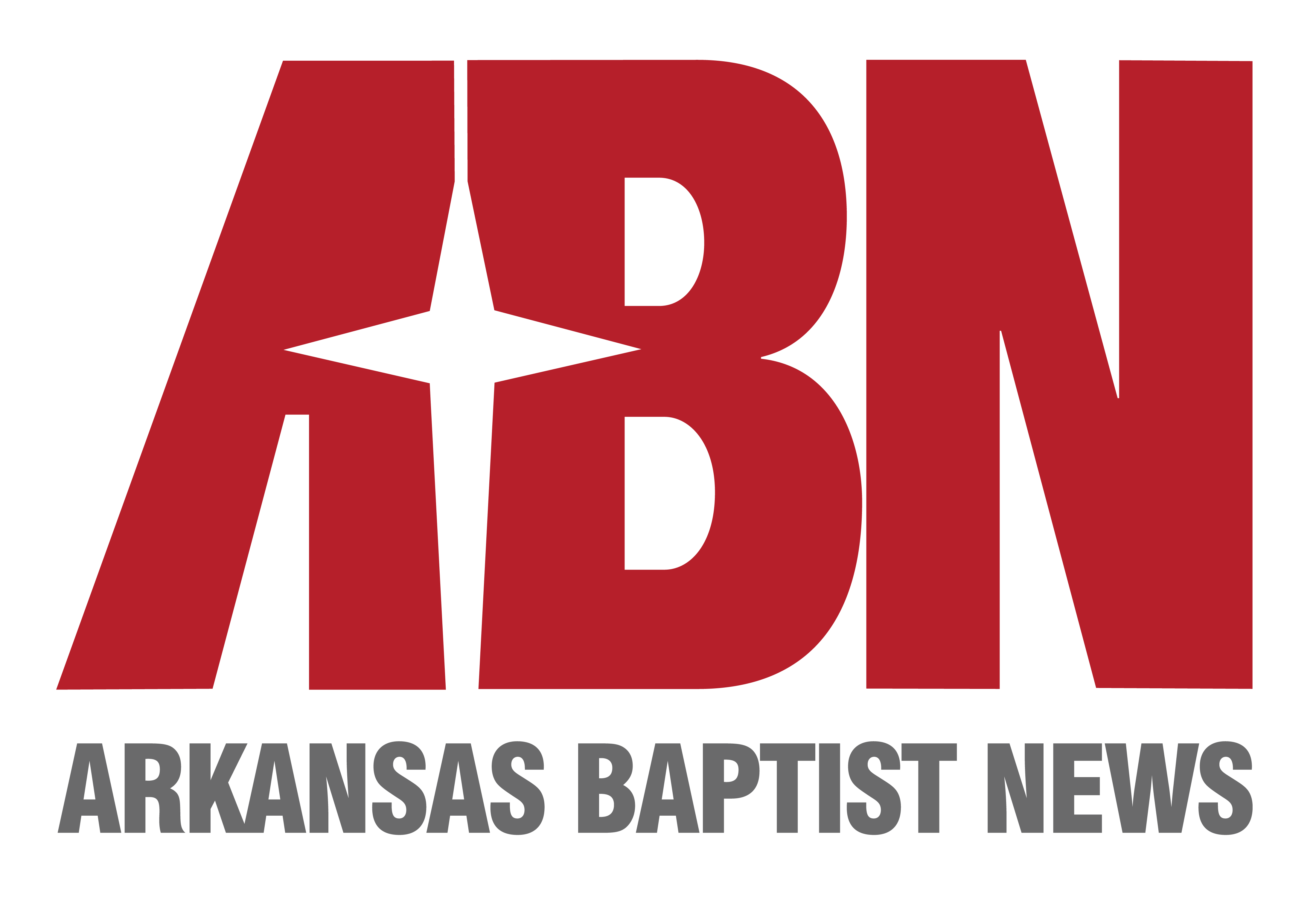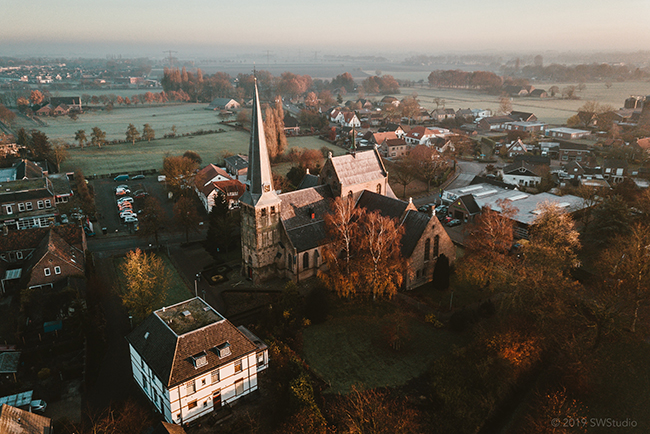By Luke Holmes
My wife and I had been married for about a month when we moved for my first ministry job at a church.
I had been called as the full-time youth pastor in a town of about 600—just a couple of hours from the metroplex where I grew up.
I wasn’t ready for small town life. I didn’t understand how everything and everyone was related, and it took me quite some time to adjust.
I’m still not sure I’ve completely adjusted to life in a small town.
But after living more than a decade of my adult life in small towns, I’m finally getting the hang of it.
I’ve learned there are particular rhythms to small town life. And not all of them are good.
One of my realizations about small-town ministry and living is that it’s particularly hard to avoid anything.
Everything in town is basically in the same two-mile stretch of highway. That’s the reason many people leave small towns, to get away from the same people, same stores, and the same restaurants.
As a pastor in a small town I can have a larger influence on my town than a pastor at a larger church in a bigger city.
A pastor in a small town can be more connected to the people in his town than somewhere else. That can be really a good thing. And it can be really hard, too.
I learned that not only are things different in a small town, the pains are different too. It’s impossible to avoid the people who have hurt you. Nor can we avoid the people we’ve hurt.
One of the benefits of a small town is that you can know many people and see them often. The downside of that intimacy is that you can’t hide from your hurts.
Where I grew up there were multiple megachurches within a few miles, as well as lots of smaller size churches that were too many to count. A conflict might arise in a church where a person gets mad, leaves the church, and the pastor might never see them again.
But division among the members in a small-town church affects everything. The church leaders in the small town will continue to see people with whom there are fractured relationships; you see them at ball games, parent-teacher conferences, choir events, and community fundraisers.
That said, one of the particular pains of a small-town pastor is having to interact with people you don’t want to see—those who you used to greet with a warm hug but now with an icy handshake.
What I’ve learned is that those particular pains of a small-town pastor are actually a blessing.
It’s critical to wrestle with negative feelings that rise up every time you see people with whom there may be tension—to examine your heart and determine whether you’ve forgiven them (or if you have humbly asked for forgiveness).
The small-town pastor has to learn to live with three types of vulnerability, which are often pain points—sanctifying, beautiful pain points.
1. VULNERABILITY TO OTHERS’ SIN
There are no secrets in a small town. It doesn’t take long to hear everything about everybody. Some of it’s even true!
In a small town, it’s impossible to avoid the sins of others. Of course, it’s also true in a big city. But living in a small town means you’re exposed in almost every way.
It won’t take long for a pastor to begin making judgments of people, to learn who to trust and who not to trust.
Yet, the pastor also has to learn to forgive others and walk alongside them to help them be who God called them to be. The leader must have eyes to see the best in people, even when their sins are exposed for the whole town to see.
The pastor and church should be the people in a small town who can see others for who they could be.
2. VULNERABILITY TO THEIR OWN WEAKNESS
Those leading churches in small towns aren’t immune from having their own sin exposed, too. People will know everything about you—from speeding tickets to public bursts of anger.
Gossip spreads like wildfire in a small town. Every small-town pastor knows to be careful about what they say and do.
A church leader makes themselves vulnerable to displaying their own imperfections when they give their life to a small town or community.
3. VULNERABILITY TO THE CHURCH’S IMPERFECTIONS
It seems like everyone knows what goes on at every church, due in part to the exposed nature of living in a small town. Over time, churches develop reputations as being insular, constantly fighting, or uptight about money.
Churches, especially those in a small town, get a reputation for almost anything—deserved or underserved. A church can work hard to create a new reputation for themselves, but it will take time and great effort.
A pastor must be ready for all the faults of his church to be exposed, just like the people of the church and himself.
All of this exposure can be difficult to live with. Each of these vulnerability points can be a source of pain and discomfort in the life of a pastor or church leader.
There are some who believe it to be too much and look for a life of anonymity somewhere else.
But if you’re called to lead a church in a small town, you’ll face these problems. How should these types of pastoral pain points be handled?
We know that before God we’ve already been exposed more than we ever will to anyone on earth. He has seen every thought, deed, action, and part of mind.
But the good news of the gospel is that He still loves us.
As you grapple with the particular pains of being a small-town pastor, take comfort in Christ and His love and acceptance for you. Learn to live wisely in your community and take every pain you experience—and pain you may cause—to Jesus.
If you find yourself a bit too close for comfort in the small context in which you serve, take heart—God has called you there, if even just for now.
He has given you these imperfect people to love. And He loves you despite your imperfections.
LUKE HOLMES (@lukeholmes) is husband to Sara, father to three young girls, and pastor at First Baptist Church Tishomingo, Oklahoma, since 2011. He’s a graduate of Midwestern Baptist Theological Seminary and can be found online at LukeAHolmes.com.
This article was originally published by LifeWay’s Facts & Trends at factsandtrends.net

